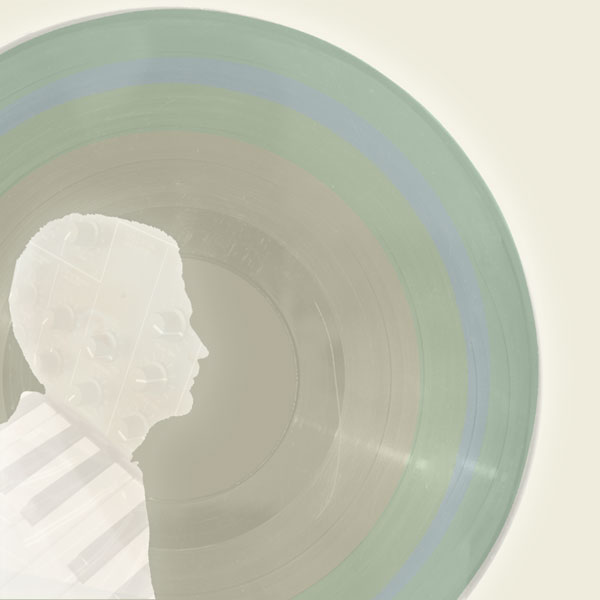After running across a copy of Francis Schaeffer’s How Should We Then Live at HBP last month (thanks, Sara and Jerry for the gift card!—and come to think of it, that’s when I picked up the Gilgamesh Epic book, as well) I wanted to start a brief and informal study of the material. I’d learned a long time ago that I really didn’t retain much more than an idea if I only read a book—I need to summarize the material and rewrite what was said in my own words for anything to stick. I suppose that’s true of most people (I hope!) but it still strikes me how infrequently I practice it (and consequently, how much I remember long term). In college I was known to copy textbooks to help me understand and remember what was being said. Like acting and performing a script or dialog, if you could make the words your own, if you could write them with your own hand, you could understand what the author was saying, or at least closely misinterpret it all and graft some flawed version of it onto your own personality.
That said, this post (and yesterday’s on the Gilgamesh Epic) are not this type of entry—they’re simply cut and paste from Wikipedia. The content there is better and more complete than I could offer it in my own words, and over the coming weeks I’ll have a chance to dig in and make the text(s) a little more personal (and commit them to long-term memory). For now, an introductory paragraph to both the man Francis Schaefer and his work, How Should We Then Live?:
http://en.wikipedia.org/wiki/Francis_Schaefer
Francis August Schaeffer (30 January 1912 – 15 May 1984)[1] was an American Evangelical Christian theologian, philosopher, and Presbyterian pastor. He is most famous for his writings and his establishment of the L’Abri community in Switzerland. Opposed to theological modernism, Schaeffer promoted a more traditional Protestant faith and a presuppositional approach to Christian apologetics, which he believed would answer the questions of the age. A number of scholars credit Schaeffer’s ideas with helping spark the rise of the Christian Right in the United States. Schaeffer’s wife, Edith (Seville) Schaeffer has become a prolific author in her own right. Schaeffer is also the father of author, filmmaker and painter Frank Schaeffer.
http://en.wikipedia.org/wiki/How_Should_We_Then_Live%3F
How Should We Then Live: The Decline of Western Thought and Culture is a major Christian cultural and historical documentary film series and book. The book was written by presuppositionalist theologian Francis A. Schaeffer, Old Tappan, NJ: Fleming H. Revell, first published in 1976. It is Book Two in Volume Five of The Complete Works of Francis A. Schaeffer A Christian Worldview. Westchester, IL:Crossway Books, 1982. His son is the producer, director, and screenwriter Frank Schaeffer.
